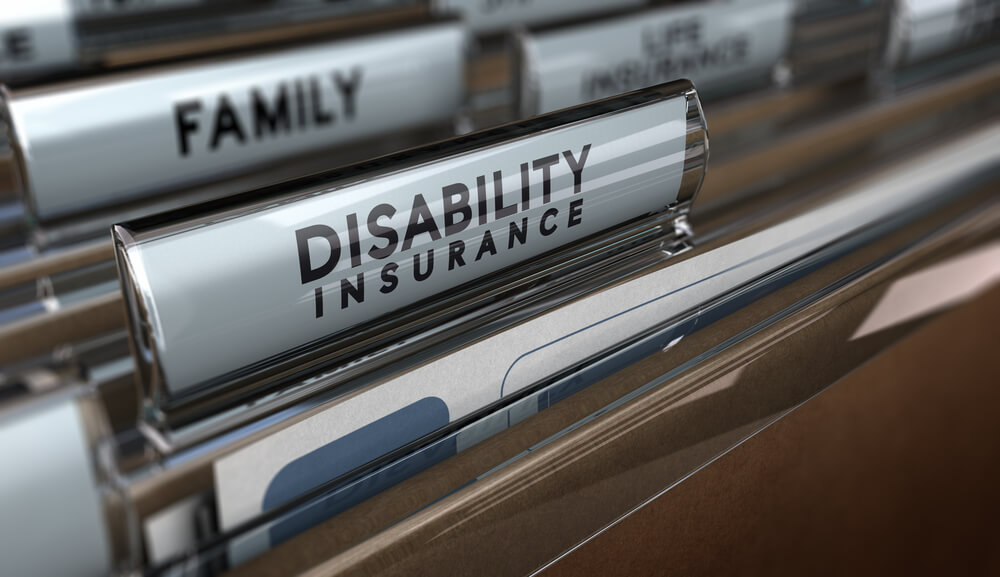Disability is a very real threat for physicians, especially those that practice surgery. Losing the ability to perform surgery can have a serious impact on earning potential; you may want to consider a physician disability insurance policy to limit the damage that it might inflict.
However, as with any kind of insurance, there are a great many considerations that will go into this decision. There are benefits to having such a policy, of course, however there are also a few downsides. To steer clear of the latter, avoid these 7 mistakes when choosing physician disability insurance.
- Benefits that cancel each other out
Group insurance policies, including employer provided policies, generally subtract from other group disability insurance sources. This can be circumvented through private policies that are purchased as an individual as those are not subtracted from group policies.
- Policies not specific to healthcare
Insurance policies that apply to “any occupation” often require that the disability prevent you from working any job. Policies that apply to certain professions, or “own occupation” policies, on the other hand, allow holders to draw benefits while working in other professions.
- Student loan debt
Pre-2020, student loan debts were forgiven for those who became disabled, however that rule has changed now. For those with significant debt, it might be prudent to purchase a rider that will pay it off should they be rendered unable to work.
- Lack of coverage for mental and behavioral health
Certain disability insurance policies either limit or have no coverage for mental and behavioral health conditions, including substance use disorder. Given that these are among the leading causes of disability in the US, it would be wise to consider how policies cover these conditions.
- Losing health insurance
If a disability leads to you being unable to work, you will naturally lose access to employer-provided health insurance. Not many disability insurance policies go as far as providing health insurance, so this is another rider to consider; especially important for those that do not qualify for Medicare.
- Tax implications
As opposed to group disability policies, personal plans typically do not include Social Security taxes. If the majority of your income comes from the benefits of a personal disability policy, be aware that you will receive smaller Social Security payments upon retirement. The effects of this can be mitigated through smart planning.
- Pressure to resign
Employers may pressure you to resign rather than go on disability; employers are obligated to cover full or partial salaries during sick leave and short-term disability before the long-term begins. Should you find yourself in this situation, it is best to consult an attorney that specializes in health or disability law.
